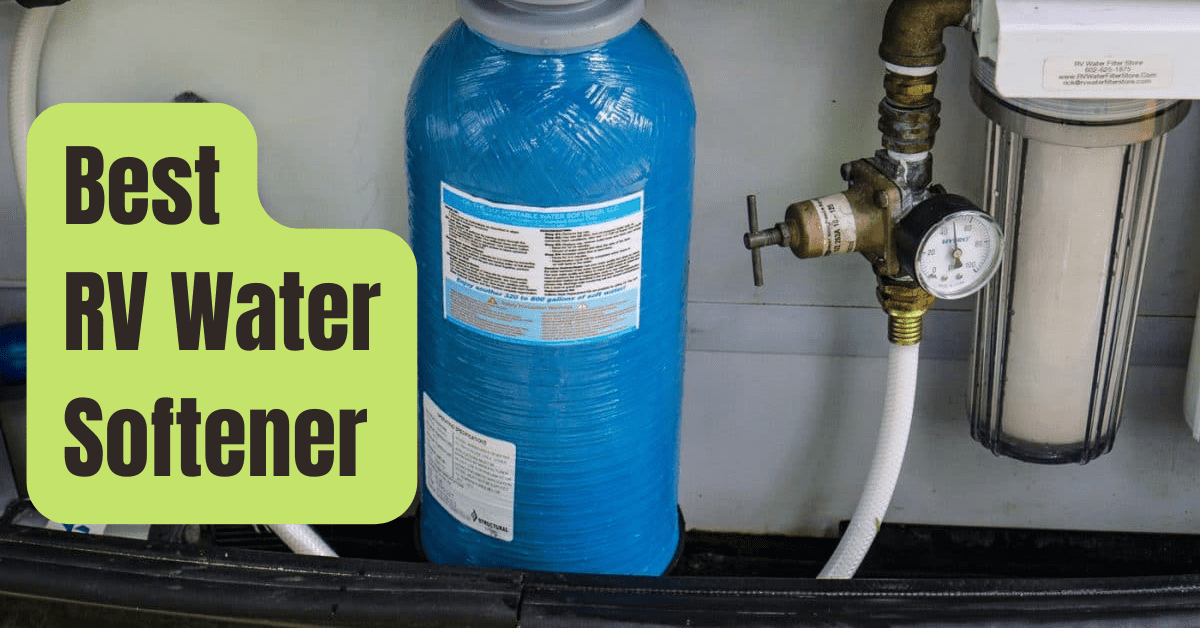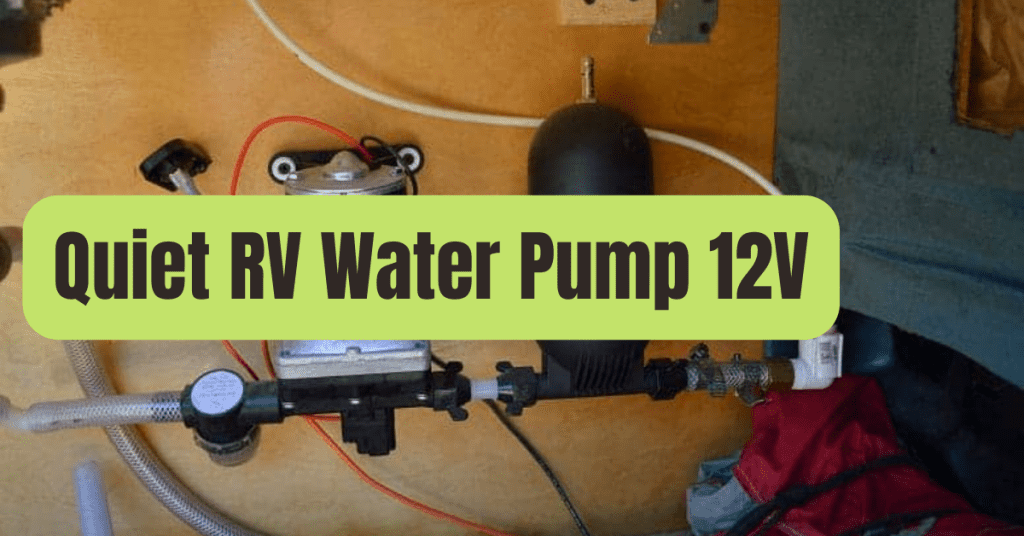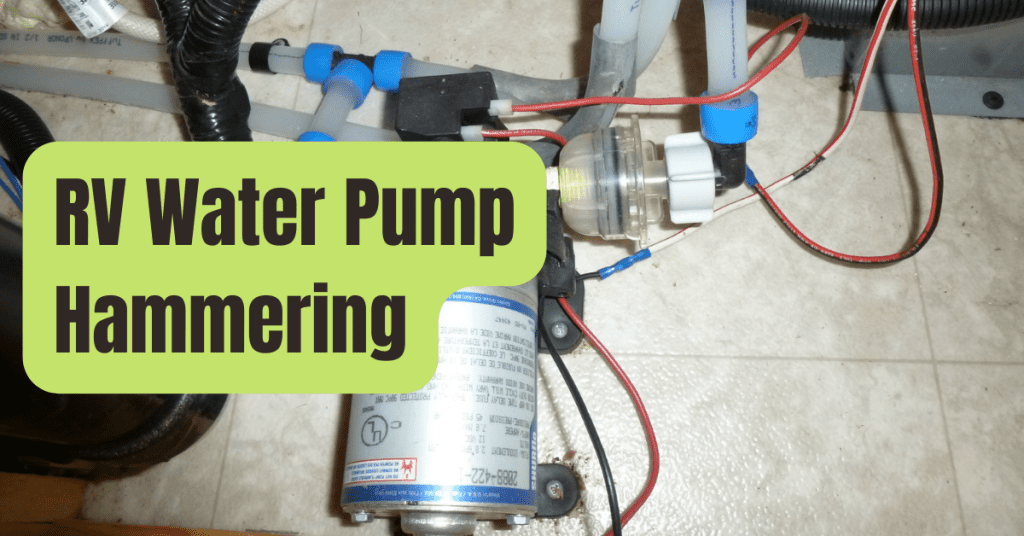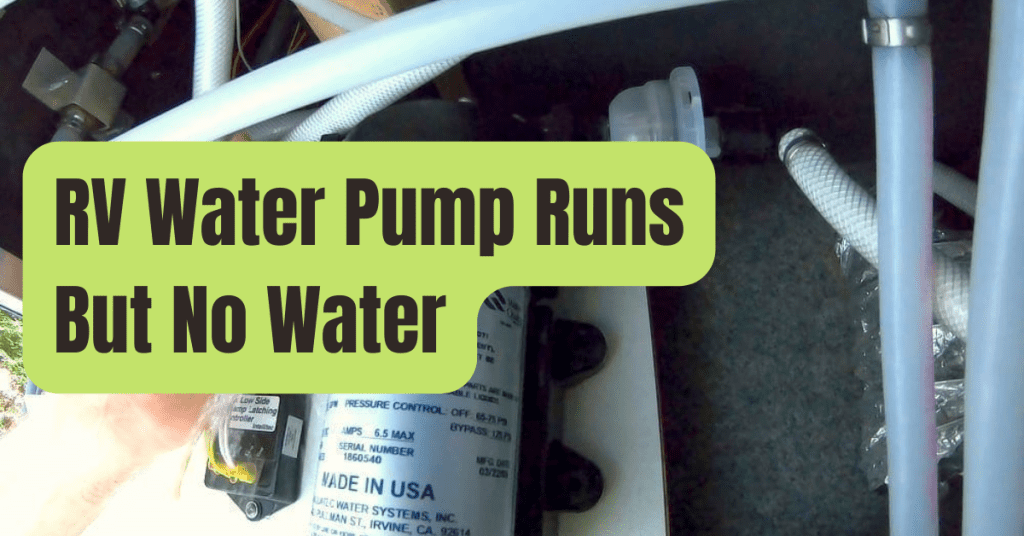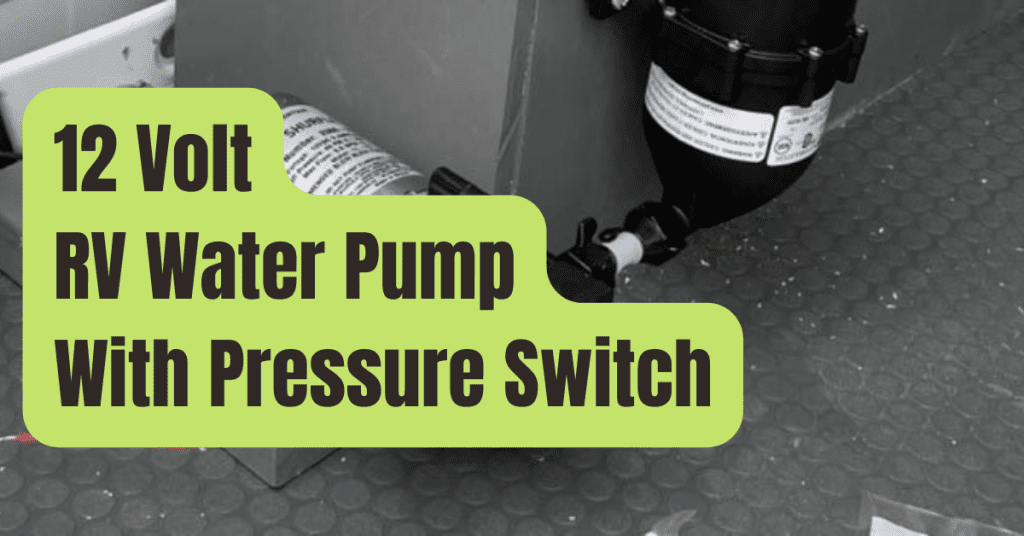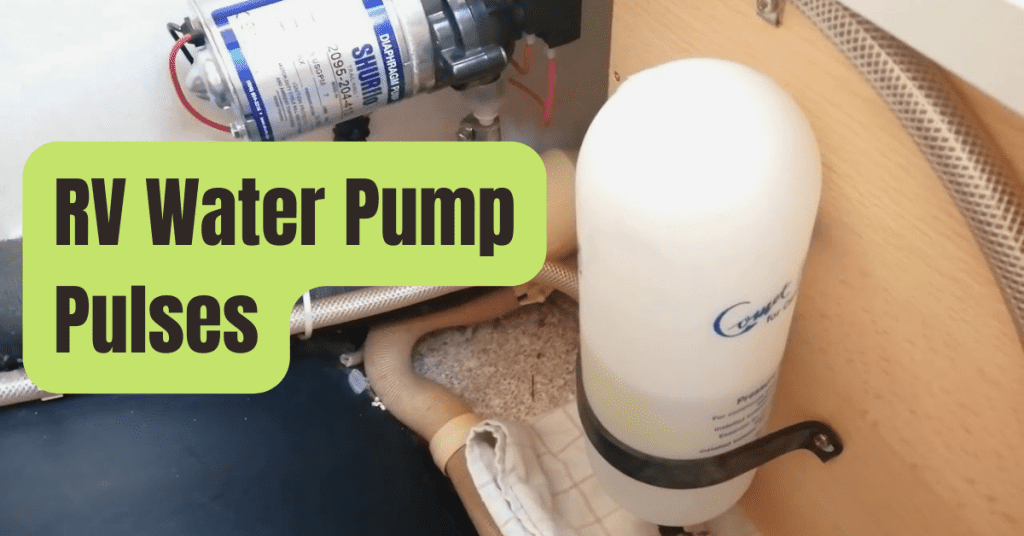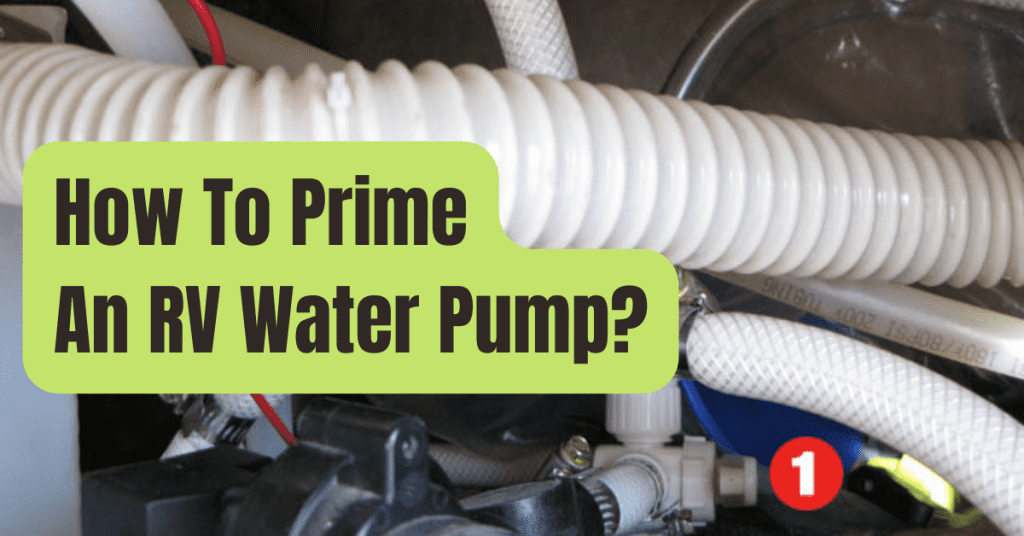These excellent RV water softeners benefit you and your vehicle.
The Drive is the premier expert on all things automotive, with decades of combined experience in reporting on the newest news, testing the best gear, and offering advice on your next vehicle purchase.
In the event that you use one of our links to make a purchase, The Drive and its affiliates could get a commission.
Install an RV water softener to stop buildup on faucets and nozzles, stains on the finish after cleaning your RV, and streaks on your shower doors.
The minerals in water that cause these issues are removed by a water softener.
The outcome is water that not only makes your car run better but also gives you nicer skin and hair.
Superior Overall
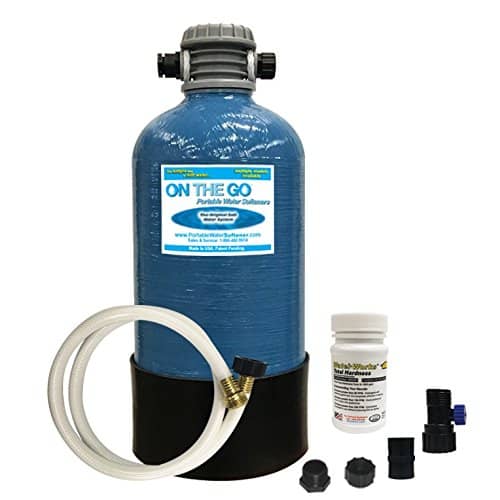
On The Go OTG4-DBLSoft Portable RV Water Softener
This powerful water softener can create 1,600 gallons of soft water, or almost 40 days’ worth.
Because of its small size and ability to renew using just two boxes of standard table salt, the device is perfect for your RV.
Pros
- Produces 40% more softened water than comparable competitors’ models.
- Provides high flow rates with a minimal pressure drop and may be installed in relatively small spaces.
- It has a big hole for adding salt (ordinary table salt) and a carrying handle for convenience.
Cons
- It can take one or two days before everything is up and running.
- A little hard to maneuver
Best Price
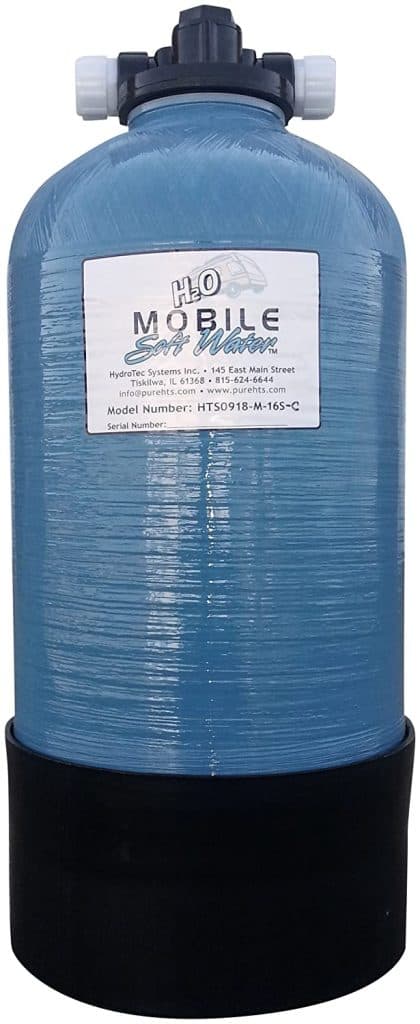
Mobile-Soft Portable Water Softener
This water softener can remove 16,000 grains of hardness.
This device effectively eliminates minerals and soluble iron.
Pros
- The kit contains lead-free NSF 61 male GHC tank connectors, a distributor, resin, and setup, usage, and maintenance instructions.
Cons
- To use it, you must buy a male-to-male fitting.
- Cross-threaded Nylon NPT fittings are possible.
Exceptional Mention
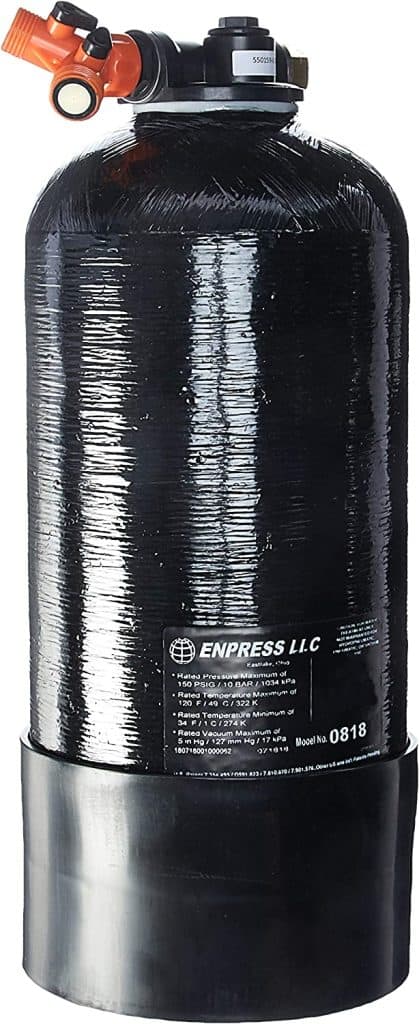
Watts Water Quality/Conditioner M7002 Flow-Pur RV Water Softener
With a drain-line water flow restrictor that is already integrated into the device, regeneration is more effective and capacity is increased by up to 55%.
The tank is firmly supported by the full-cradle base.
Pros
- Regeneration is possible with the use of specially crafted flow valves without the user having to detach and rejoin the system.
- Has a maximum flow rate of four gallons per minute.
Cons
- Some of the directions may not be obvious.
- Y fitting may not hold up.

RV Water Softeners Have Advantages.
- Pipes with less mineral accumulation. The reduction of mineral accumulation in pipes is one of the key benefits of having a water softener. Water flows more effectively through taps and plumbing fixtures in your RV when there is less buildup. This is because the aperture through which water flows is larger when fewer minerals are present. As a result, you drastically cut down on plumbing maintenance, particularly pipe replacements.
- Improved fixture and appliance performance. Hard water causes mineral accumulation in shower heads and faucets. Mineral accumulation, which may happen in water heaters, washing machines, and dishwashers, prevents effective performance. Hard water is converted to soft water by using an RV water softener.
- Less space. When you have a water softener, less residue is left behind when you wash your RV or, for instance, when you leave water on your shower doors. This is because the water has less minerals like calcium and magnesium. In addition to being unsightly, stains on a recently cleaned painted surface or shower door may be difficult to remove.
- Smoother skin and hair. To get a “before and after” report on water softeners, ask anybody. Before a water softener was installed, skin was often dry and flaky. Hair was fragile and dry. The exact reverse happened once a water softener was installed: smooth, vibrant skin and soft, luscious hair. Shampoo and soap both produce a lot of foam and lather rapidly.
RV Water Softener Types
#1. Salt-Free
Because it employs a filter rather than chemicals to remove minerals, consumers prefer this kind of water softening system.
As a result, the minerals in the softened water are not harmed by chemicals, and adding chemicals is also not a nuisance.
For places with really hard water, experts do not advise using this sort of water softener.
#2. Exchange of Ions
With ions in the water, this kind of water softener swaps salt or potassium.
Water becomes hard due to ions.
These ions are eliminated during this process, making the water “soft.” Ion exchange water softeners are particularly effective in extending the lifespan of washing machines and dishwashers.
The softened water is not the finest to drink due to the high salt content.
#3. Magnetic
Magnets are used around or inside water pipes by magnetic water softeners to soften the water.
The magnets convert the water’s hard minerals to soft ones.
A possible drawback is that after being softened by magnetic water softeners, the water turns back to its original hardness 48 hours later.
#4. Osmosis in Reverse
This kind pushes water through a semipermeable membrane under pressure to filter out contaminants.
This technique is quite efficient and gets rid of 98 percent of water contaminants.
Best Brands
#1. On the Go
Bruce Everson, a specialist in water, created this business in 2004.
As a camper himself, Mr. Everson discovered that the majority of RV owners visit places with exceptionally hard water, such as California, Florida, New Mexico, Texas, and Arizona.
It was difficult to create a water softener that would be portable, lightweight, and simple to operate and maintain for use in RVs.
The On the Go water softener was the outcome.
The company’s headquarters and factory are in Bloomington, Indiana.
Look at the Park Model Portable RV Water Softener & Conditioner and OTG4-StdSoft 8,000 Grain RV Water Softener.
#2. Mobile-Soft-Water
This business was established in 2008 in the Philippines by Dr. Ceferino L. Follosco.
It creates, develops, sells, and distributes a variety of water conditioning and treatment solutions globally.
The U.S. offices of HydroTech Systems’ branch The Mobile-Soft-Water are located in Tiskilwa, Illinois.
Products like the Portable 32,000 Grain Capacity Softener and the Portable 3.2 Kgr Shorty are available.
#3. Watts
Joseph Watts intended to stop textile mill water boilers from blowing up.
He thus created a pressure relief valve and established his business in a small New England machine shop in 1874.
The business currently operates globally in the Americas, Africa, Asia, Europe, and Oceania (Australia, Fiji, and New Zealand).
Among other products, Watts offers the POE12DSA1KDF Dual Exterior Water Filter Kit and the Pro 16,000 Water Softener.
Pricing for RV Water Softeners
- In this price range, softeners are often portable and need manual regeneration. These ion-exchange softeners have a capacity of around 6,400 grains. These are convenient for day travels and fit in small spaces.
- For ion-exchange softeners, this price range is the most common. 8,000 to 16,000 grain capacity portable softeners are also among them.
- You may discover softeners in this price range that can hold up to 28,000 grains. Some of these portable RV water softeners don’t need salt, thus they operate by reverse osmosis or magnetism.
Key Elements
#1. Portability
While they are portable, RV water softeners provide the same function as whole-house softeners.
This implies that you may bring a water softener along on your next vacation and still have soft water for your RV’s plumbing and appliances, as well as for healthy skin and hair.
#2. Operational Simplicity
The majority of RV water softeners have simple connections to water sources, allowing water to start flowing immediately after you stop.
Simple recharging is another advantageous factor.
For recharging many softeners, normal table salt is used, which is simply poured into the top of the appliance.
Most RV water softeners may be connected and recharged without any special equipment.
#3. Lightweight
Water softeners from well-known brands are often less than 35 pounds in weight, making it simple to load and unload the appliance from your recreational vehicle.
Being lightweight also makes it easier to move the softener around the water source and into storage without risking back pain.
The Following Factors
- Price. But do your homework and choose whether structure—a mobile home, an RV, or a double-wide—is ideal for your needs. Examine the product descriptions, FAQs, and ratings.
- Testing. Before using your RV water softener, you must test the water’s hardness. Test strips are included with the units, so just follow the directions to find out how hard or soft the water is before using the RV water softener.
- Transport and Storage. Some homeowners who own an RV, mobile home, or double-wide place the water softener there permanently. It is also used by others as an extra-vehicle equipment. Before you purchase an RV water softener, think about how and where you want to utilize it.
Reviews Of The Top RV Water Softeners For [Year]
Superior Overall
#1. On The Go OTG4-DBLSOFT Portable RV Water Softener

The manufacturer claims that this is the biggest small RV water softener on the market.
It generates twice as many litres of soft water as a typical model.
A 16,000-grain softener in the device can produce 1,600 gallons of soft water, or around 40 days’ worth.
This softener has a high flow rate but a little pressure drop, making it suitable for confined spaces.
The top of it includes a sizable aperture that makes adding salt simple and orderly.
This device utilizes a common garden hose connection and is therefore simple to move.
For connection or operation, no electricity nor tools are required.
However, some customers claim that it takes the softener one or two days to reach its full potential.
Others claim that moving this RV water softener is a bit difficult.
Best Price
#2. Mobile-Soft-Water Portable Water Softener

This machine eliminates soluble iron and minerals very well since it uses 16,000 grains.
The package includes resin, a distributor, lead-free NSF 61 male GHC tank connectors, and everything you need to soften your water.
A thorough handbook explains how to install, set up, use, and maintain the device.
Customers claim that is a terrific deal and that the buying price is far less than that of comparable models.
Be aware that for this softener to function correctly, you may need to purchase a male-to-male fitting.
The nylon NPT fittings may also develop cross threads.
Exceptional Mention
#3. Watts Water Quality/Condition M7002 Flow-Pur RV-Pro Water Softener

The water softener has a built-in drain-line water flow restrictor, which boosts capacity by up to 55% and enables more effective regeneration.
A full-cradle foundation firmly supports the tank.
Regeneration is possible without the operator needing to separate and reconnect the device thanks to specially built flow valves.
The maximum flow rate for this water softener for RVs is four gallons per minute.
The reading comprehension of the instructions has been criticized by several users.
According to some, the Y fitting could last longer.
Exceptional Mention
#4. PRO+AQUA Portable RV Water Softener
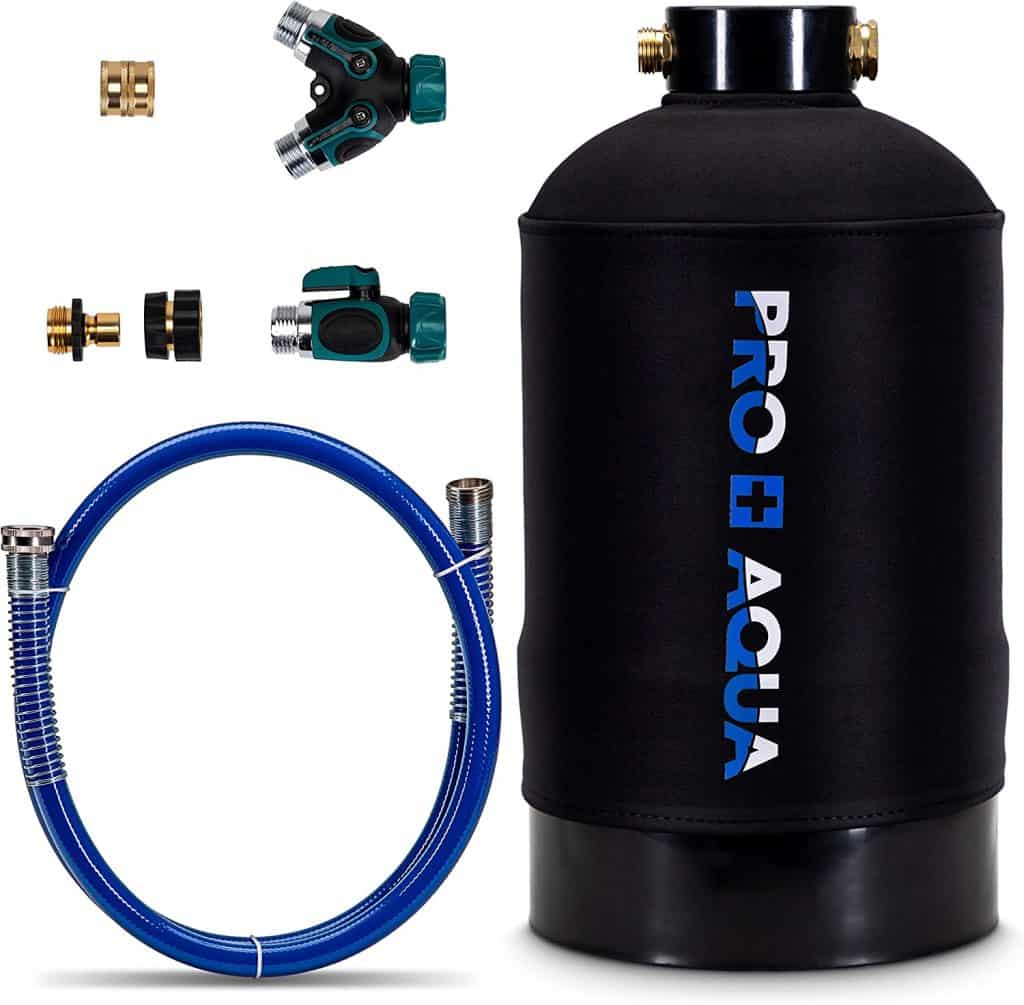
When you choose the PRO+AQUA Portable RV Water Softener, you get a lot.
The huge container can hold 2,000 gallons of water for up to 40 days.
It is a container with a 16,000 grain capacity that aids in lowering the quantity of calcium, magnesium, iron, or any other metallic element that might contaminate your water.
In addition, it takes just a few minutes to quickly and easily set up.
Strong fiberglass and quality polyethylene were used to construct the gadget.
For convenience and flow, it also comes with a 3/4-inch high-flow garden hose connection.
It is portable, light, and simple to transport from one location to another.
Additionally, it is said to provide up to 40% more soft water than competing products.
The cost of this softener, pipe, and other equipment will be high.
Additionally, there have been concerns that the fittings and attachments may leak, albeit this may not apply to all orders.
Tips
- Instead of water softener salt, these machines soften water using normal table salt. Use the right kind of salt when putting it to the appliance.
- Potassium may be used as a recharging agent. However, since potassium comes in huge pellets, you will need to ground the pellets into a grind resembling table salt before using them.
- The water softener must be prevented from freezing if you want to leave the car when it becomes chilly. Put it in an insulated box, or warm the space where it will be stored with a light or heater.
FAQs
What advantages does installing a water softener in my RV offer?
You’ll see less spots on dishes, glasses, shower doors, and the surface of your car after washing it if the water contains less minerals.
Additionally, you’ll see reduced mineral buildup on the inside of the pipes as well as on the faucets in the kitchen, shower, and bathroom.
How exactly does a water softener operate?
Ion exchange, sometimes referred to as “ion conversion,” occurs when water passes through a water softener.
The water entering the water softener has a negative charge due to the presence of hard minerals, typically magnesium and calcium.
The water then passes through a layer of positively charged resin beads.
The positively charged beads draw the negatively charged minerals and pull them out of the hard water as it passes through the layer of beads.
The softener then discharges this demineralized water into your RV.
Are there any other advantages to having a water softener?
Yes.
After taking a shower with soft water, you’ll notice that your skin and hair are softer and that soap and shampoo lather up easier.
Automatic dishwashing soaps and dish soaps will both perform better.
Final Reflections
The On The Go OTG4-DBLSoft Portable RV Water Softener is our choice for the finest water softener overall because to its big capacity and small size.
We choose the very effective Mobile-Soft Portable Water Softener as the best value.

